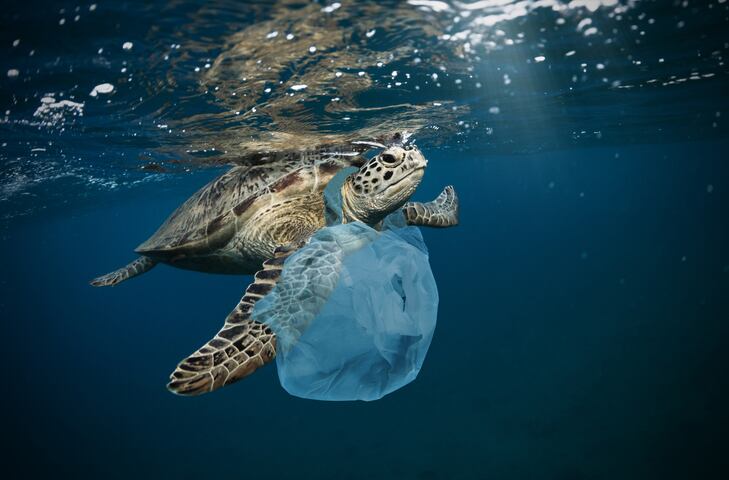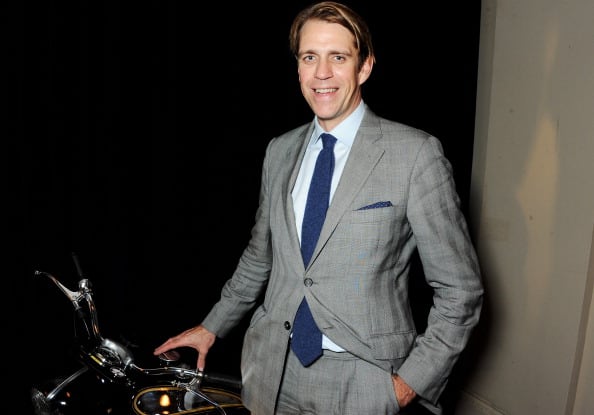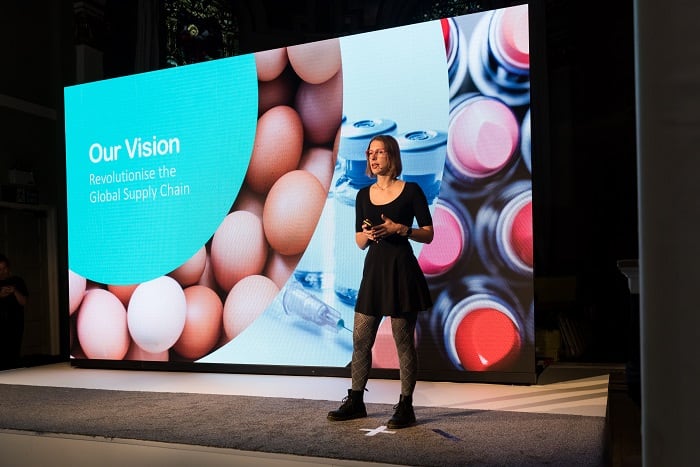Attitude to plastic among consumers is “bordering on militant”, according to Ocado’s head of corporate responsibility and corporate affairs Suzanne Westlake – a situation that risks curbing innovation among food business looking for ways of tackling the problem of food waste.
Food businesses, she said, were struggling to get the message across to customers that organic waste - including leftover food - has a bigger carbon footprint than plastic and plastic plays an important role in preventing food waste.
She told an audience at the Westminster Food and Nutrition Forum’s seminar in London yesterday – which was discussing food waste reduction and initiatives for reducing plastic packaging waste – that customers were now so anti-plastic that they were not willing to consider the role that plastic can play in lengthening shelf-life and preventing food waste.
“Customers want it gone. They would like zero plastic. I would go almost so far as to say the feeling was bordering on militant,” she said.
The online supermarket, she explained, has been trying to educate customers on its ambitions to minimise food waste and help cut GHC emissions.
But she was “disturbed” that the public’s perception “has swung too far” against the use of plastic for any purpose.
“Where there is unnecessary plastic, we’ve reduced it, and we’ve tried to communicate that to our customers,” she explained. “And where there is plastic that serves a purpose we try to communicate that too. I have to confess it does feel a little like talking to a wall at times and I feel very frustrated that quite a lot of that is fueled by the media.”
‘Global warming caused by food waste will kill more turtles than plastic’
Martin Leeming, CEO of TrakRap, a company that makes low-carbon packaging, agreed that the message that food waste has a bigger carbon footprint than plastic was being lost on consumers – partly down to the impact of programmes such as Blue Planet.
“Obviously the emotive side of plastic out in the environment killing turtles is the big motivator for people to have such a passion about changing things, but global warming will probably account for a lot more turtles dying than the use of plastic.”
Nestlé criticised for its plastic ‘procrastination’
A new poll illustrates the fast and perhaps extreme shift in public attitude against plastic. Nestlé is the brand most criticised by NGOs due to alleged 'procrastination' on plastics, according SIGWATCH, based on its monitoring of more than 9,000 NGOs and a total of 1,694 campaign actions over the previous three months.
That's despite Nestlé's commitment to make 100% of its packaging recyclable or reusable by 2025. The company has already introduced innovation in its portfolio to tackle plastic - including paper-based packaging for its certain SKUs under its Nesquik and YES! brands.
“Two years ago, plastic pollution had barely registered on the public consciousness. Today it is a major public concern, attracting consumer attention, media column inches, and government legislation,” said Robert Blood, founder and managing director of SIGWATCH.
The food waste/plastic waste trade-off is not a straightforward
Dr Sally Russell, Associate Professor: Business, Organisations and Sustainability, at the University of Leeds, noted the difficult trade off that both food businesses and consumers face about the balance to strike between using plastics to preserve food to reduce waste and cut GHC emissions.
“If I wrap a cucumber on plastic: that’s going to reduce food waste. But if I wrap an apple in plastic that’s going to create plastic waste… If I can’t resolve that with a PHD in sustainability how can I expect a consumer to make that same decision,” she joked.
“This tension between the two is really quite complex to navigate as a consumer. The message needs to be absolutely explicit so consumers can make the choice that’s right for them.”
Recycling is also a minefield of confusion for food businesses
Waste management is another area of confusion for food businesses, the discussion heard. Mark Richmond, technical director at waste management firm WRM, said that a proliferation of waste management approaches was confusing for everyone in the supply chain.
“With respect of somebody in the packaging supply chain at the product design stage. We’ve got this proliferation of different waste management approaches: it might go to composting; it might go to energy from waste it might go to anaerobic digestion.”
This proliferation meant it was difficult for product designers, he said, to resolve the question of “how do I design my product so that at the end of its life it can be recycled and I’m not going to end up with plastic contamination on land?"
It’s ‘intellectual laziness to focus on recycling’
Michael Lenaghan, an environmental policy advisor, at Zero Waste Scotland, added that recycling should be the last resort. He criticised the seminar’s focus on recycling, stressing that innovation was needed further up the supply chain to prevent recycling in the first place.
“In a circular economy, recycling is the least best option,” he said. “So can we please start talking about things much further up the hierarchy – how does the system need to change so that packaging is no longer as needed and the packaging we do use is reusable, refillable and ultimately only recycled at the end of a very long lifetime.”





